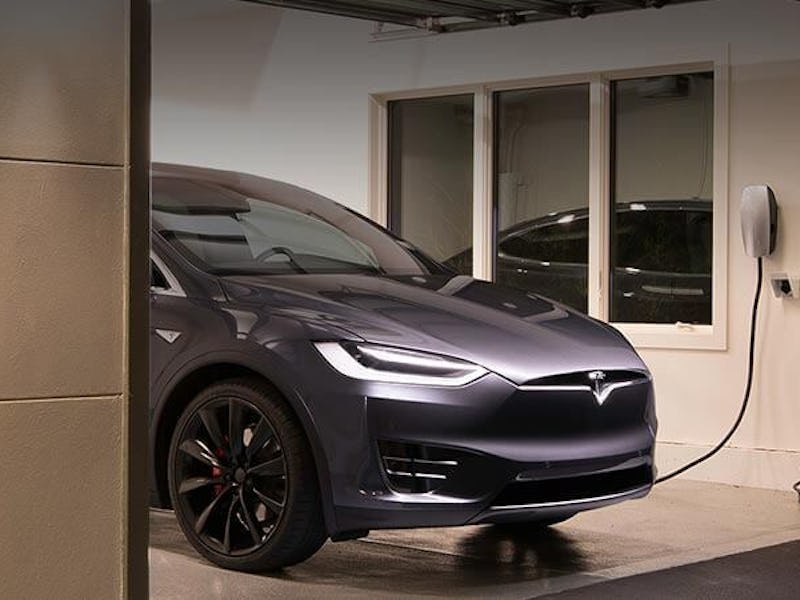Tesla CTO JB Straubel and head of Special Projects Andrew Stevenson aren’t quitting their day jobs yet, but the high-powered duo recently launched a company that might completely change the future of electric vehicles. If, that is, it finds a way to solve a dilemma involving one hard-to-find element vital for modern lithium-ion batteries.
On Monday, CB Insights, a venture capital database discovered a SEC filing that showed Straubel and Stevenson were listed as executives for a company called Redwood Materials, which received a single $2 million investment from an anonymous source on April 17 of this year. Electrek and The Verge both note that Straubel in particular has invested in other, unaffiliated startups, but Redwood Materials’ vague mission statement dovetails just a little too well with Tesla’s future objectives to be a coincidence. The company’s website, which is nothing more than a gray homepage and a signup box, has the following tagline:
“Unlock the value of your materials. Advanced technology and process development for materials recycling, remanufacturing, and reuse.”
While that may sound like Silicon Valley-speak for redeeming your empty beer cans for extra beer money or making a bulletin board out of wine corks, a high-tech recycling program could address, as Jalopnik noticed, the biggest problem with electric vehicles: what do you do with all the dead batteries.
More specifically, recycled batteries could provide a fresh supply of cobalt, a key element in lithium-ion batteries. Cobalt is extremely rare, and is usually produced as a byproduct from mining other metals, but is essential for the high-powered batteries in the company’s cars. The problem with cobalt is it should also be considered a conflict mineral — it’s most plentiful in Congo, where child laborers and other oppressed workers toil in inhumane conditions for sketchy mining companies owned by Chinese conglomerates that then sell it to major battery makers like Samsung and Apple, according to a Washington Post investigation last year. Tesla CEO Elon Musk has claimed that all of Tesla’s cobalt will come from North American sources (which tend to, y’know, not use child labor), but experts say that’s simply not feasible. However, most of the projections for how much cobalt the company’s going to need to pump out half a million Model 3s a year aren’t factoring in recycling of any kind — which means that if Redwood Materials turns out to be what we think it is, Musk and co could be on to something big. For now, we’ll have to wait and see: Tesla did not immediately respond to Inverse’s questions about cobalt and recycling projects.
